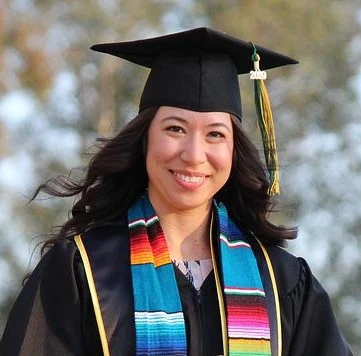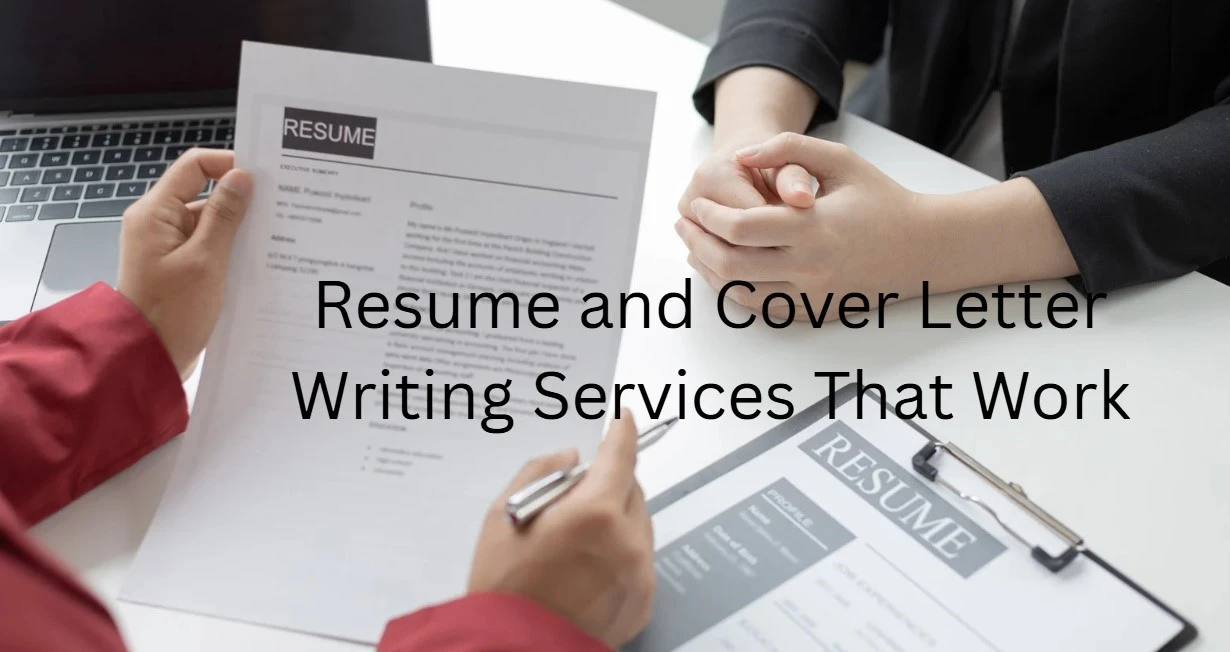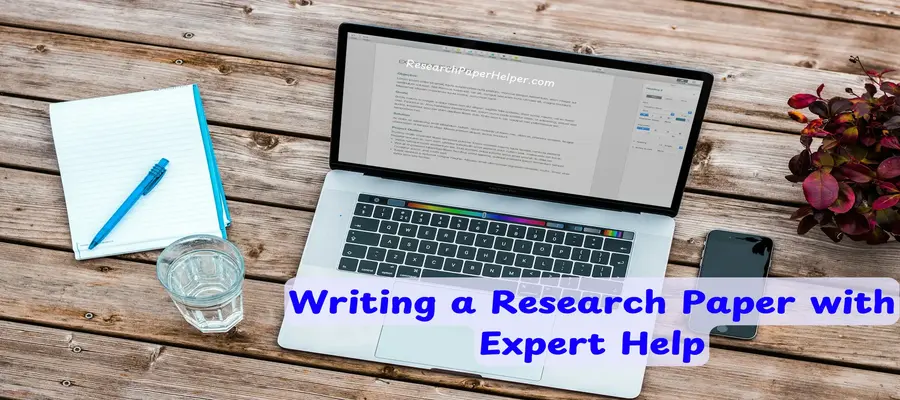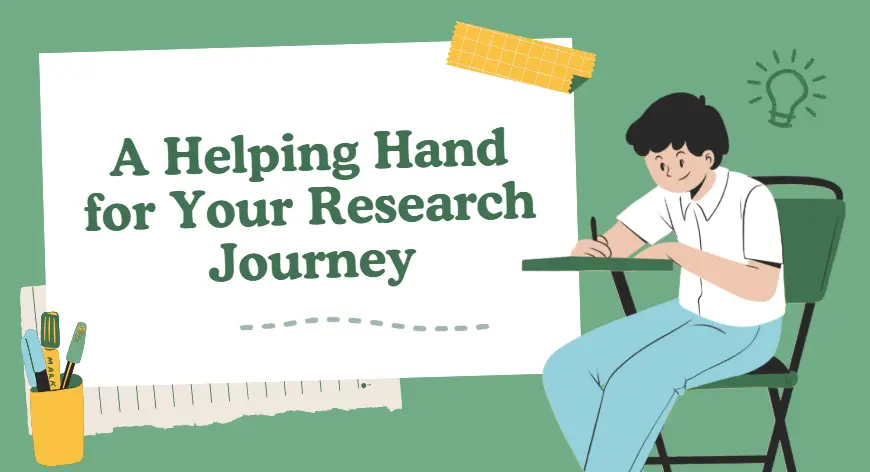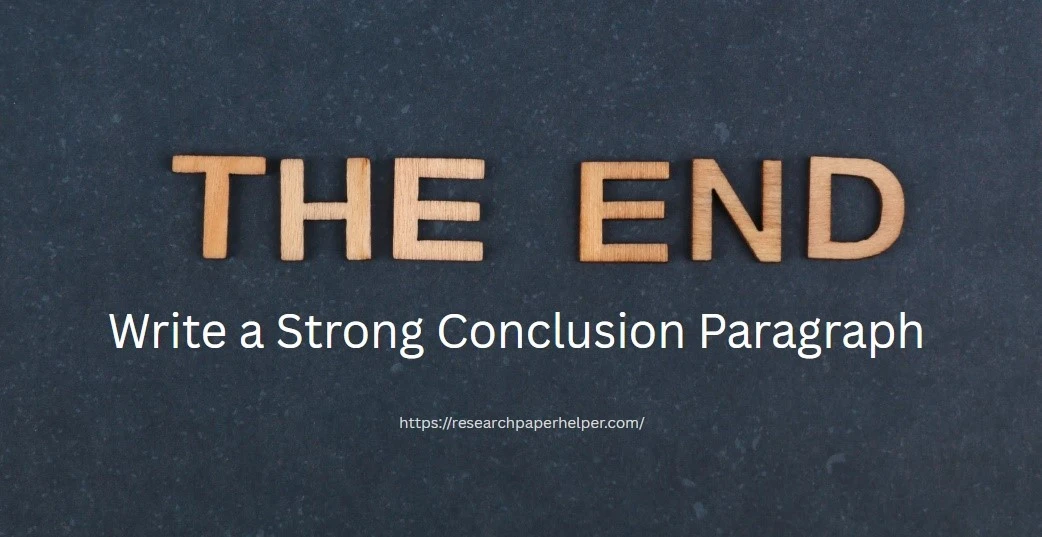
Knowing how to write a conclusion is fundamental to producing coherent and impactful writing in academic, professional, and persuasive contexts. A well-constructed conclusion paragraph does more than restate a thesis; it synthesizes key arguments, clarifies the significance of the discussion, and reinforces the purpose of the work.
In this guide, you’ll learn how to write a good conclusion paragraph for essays, research papers, or argumentative writing. We’ll break down how to start a conclusion paragraph, what to include for academic and rhetorical effectiveness. You'll find expert-approved conclusion paragraph starters, examples, outlines, and transitions, as well as get expert paper writers supporting students.
What Is a Conclusion Paragraph? Brief Overview
A conclusion is the final section of a piece of writing that summarizes the main ideas and wraps up the overall message. Whether you’re writing an academic paper, essay, or article, the conclusion serves as the closing statement that reinforces your argument and leaves a lasting impression on the reader.
What Does Conclusion Mean? The word “conclusion” means the end or finish of something. In writing, it refers specifically to the final paragraph or section that draws everything together and gives the reader a sense of closure.
What Is a Conclusion in an Essay? In an essay, the conclusion is the last paragraph that restates the thesis statement, summarizes the key points, and presents a final thought or reflection. It should not introduce new information but instead tie the entire essay together in a meaningful way.
What Is the Purpose of a Conclusion Paragraph When Writing an Essay?
The main purpose of a conclusion paragraph is to:
- Summarize the main arguments or points
- Restate the thesis in a new way
- Show the significance of your ideas
- Offer a final insight or call to action (if appropriate)
How Long Should a Conclusion Paragraph Be?
A conclusion should be concise yet impactful. For most essays, a conclusion is typically 4–6 sentences or about 5–10% of the total word count. The goal is to effectively wrap up your content without repeating too much.
A conclusion paragraph is usually around 50–100 words, depending on the length of the essay. In shorter essays, a few well-crafted sentences may suffice, while longer papers may need a full paragraph.
How Many Sentences Are in a Conclusion Paragraph?
Most conclusion paragraphs contain 4 to 7 sentences. This allows enough space to summarize the key points and leave a final thought without becoming repetitive or overextended.
What Should Be in a Conclusion Paragraph?
We often get customers asking about what a conclusion paragraph should include. A strong conclusion paragraph typically includes:
- Restatement of the thesis: Rephrase your main argument using different words to reinforce your point.
- Summary of key points: Briefly recap the main ideas or evidence discussed in the body paragraphs.
- Final insight, reflection, or call to action: Offer a broader takeaway, personal reflection, or suggest what the reader should think or do next.
- Sense of closure: Wrap up the discussion smoothly so the reader feels the essay has come to a natural end.
A strong conclusion paragraph serves as the final opportunity to reinforce your main ideas and leave a lasting impression on the reader.
How to Write a Conclusion Paragraph (Step-by-Step)
A strong conclusion paragraph doesn't just repeat what you've already said, it reframes your message, leaves a lasting impression, and reinforces your argument with clarity. In this section, you'll learn exactly how to write a good conclusion paragraph, including how to begin it, how to structure it, and what to include for impact.
Step 1: Start With a Clear Transition or Signal (conclusion paragraph starters)
Your conclusion should clearly indicate that the piece is coming to an end. This helps the reader prepare for a final summary or reflection. Mastering how to end a conclusion paragraph starts with effective transition words and a confident tone.
Popular conclusion paragraph starters include:
- “In conclusion…”
- “To summarize…”
- “Ultimately…”
- “In closing…”
- “As a final point…”
Just like when writing introduction paragraph, avoid overused phrases like “In conclusion” if your tone is formal or academic, opt for more refined transitions to keep the writing polished.
Step 2: Restate Your Thesis in a New Way
When writing a conclusion for an essay, it is important to restate your thesis word for word or not. Use fresh language to reflect the evolution of your argument throughout the essay. This is a vital step when learning how to write a conclusion paragraph for an essay, where reiterating your position helps reinforce your central message.
- Keep it concise.
- Show how your ideas have developed.
- Use advanced or reflective language.
Example:
If your original thesis was: “Renewable energy is essential for reducing carbon emissions.”
Your conclusion might say: “Transitioning to renewable energy sources is not just beneficial, it is critical for achieving global sustainability goals.”
Step 3: Summarize Key Points Without Repetition
Next, briefly summarize the main arguments or insights from the body paragraphs. This reinforces your position and reminds the reader of what matters most.
- Do not repeat exact phrasing from earlier paragraphs.
- Focus only on the most relevant takeaways.
- Limit this summary to 2–4 sentences.
Whether you're writing for general coursework or advanced academics, this is a critical skill in how to write a conclusion paragraph for a research paper, clarity, brevity, and focus are everything.
Example Summary Line: “By investing in wind, solar, and hydroelectric power, we can create cleaner energy systems, reduce reliance on fossil fuels, and slow the pace of climate change.”
Step 4: End With a Final Insight, Implication, or Call to Action
The final sentence of your conclusion should leave an impact. Whether it’s a reflection, a recommendation, or a broader implication, this is your last chance to resonate with the reader. This is where knowing how to end a conclusion paragraph with authority makes all the difference.
- Offer a broader reflection.
- Suggest further research or thought.
- Encourage the reader to act or reflect.
- Proofread thoroughly and make essential paper editing.
Examples:
- “The shift to sustainable energy is no longer optional, it’s imperative.”
- “The evidence is clear: urgent action must follow informed understanding.”
- “Effective change begins with awareness, and awareness begins with education.”
If you're unsure how to structure a conclusion paragraph, just remember this order: signal the ending → restate the thesis → summarize key points → leave the reader with something meaningful.
How to Structure a Conclusion Paragraph (With Outline & Tips)
Many students wonder not only how to start a conclusion but how to properly structure a conclusion paragraph to make it clear, logical, and persuasive. A well-structured conclusion helps tie your entire essay or paper together while reinforcing your key message.
✍️ Conclusion Paragraph Structure: 3-Part Format
Use this proven structure when building your conclusion:
- Restate Your Thesis
Don’t copy it word for word, rephrase the original argument to remind readers what you proved. - Summarize Key Points
Highlight the most important takeaways from your body paragraphs without repeating full sentences. - End With a Final Insight or Call to Action
Offer a broader implication, reflective insight, or next steps. This is where strong conclusion paragraph transition words matter.
📋 Simple Conclusion Paragraph Outline
Here’s a quick outline you or your conclusion writer for essay can use:
- Sentence 1: Restate thesis with new phrasing
- Sentence 2-3: Brief summary of main points
- Sentence 4: Strong closing statement or thought-provoking insight
Whether you say “write my paper for me” or prefer to write it yourself, following a structured outline improves clarity and flow. And if you're struggling, remember: our essay writers are here to help.
Conclusion Paragraph Examples for Students
Below are clear and practical conclusion paragraph examples to help you understand what a good ending looks like.
Research Paper Conclusion Example
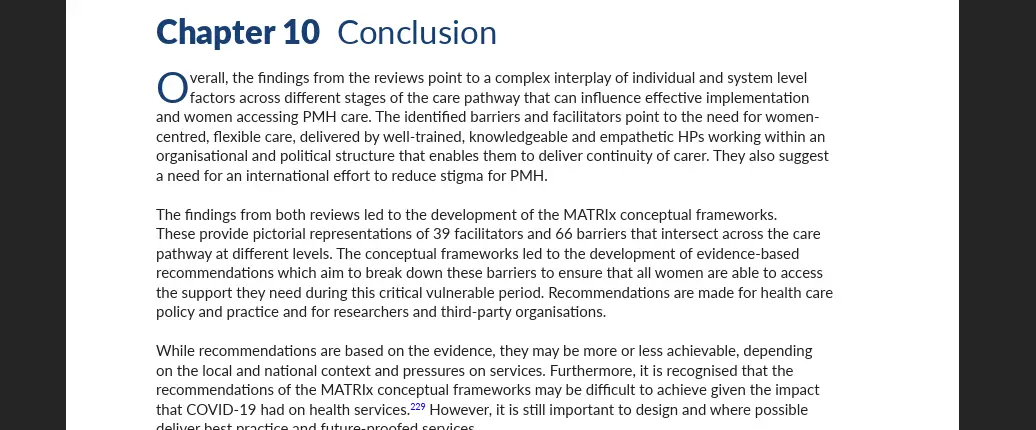
Essay Conclusion Paragraph Example
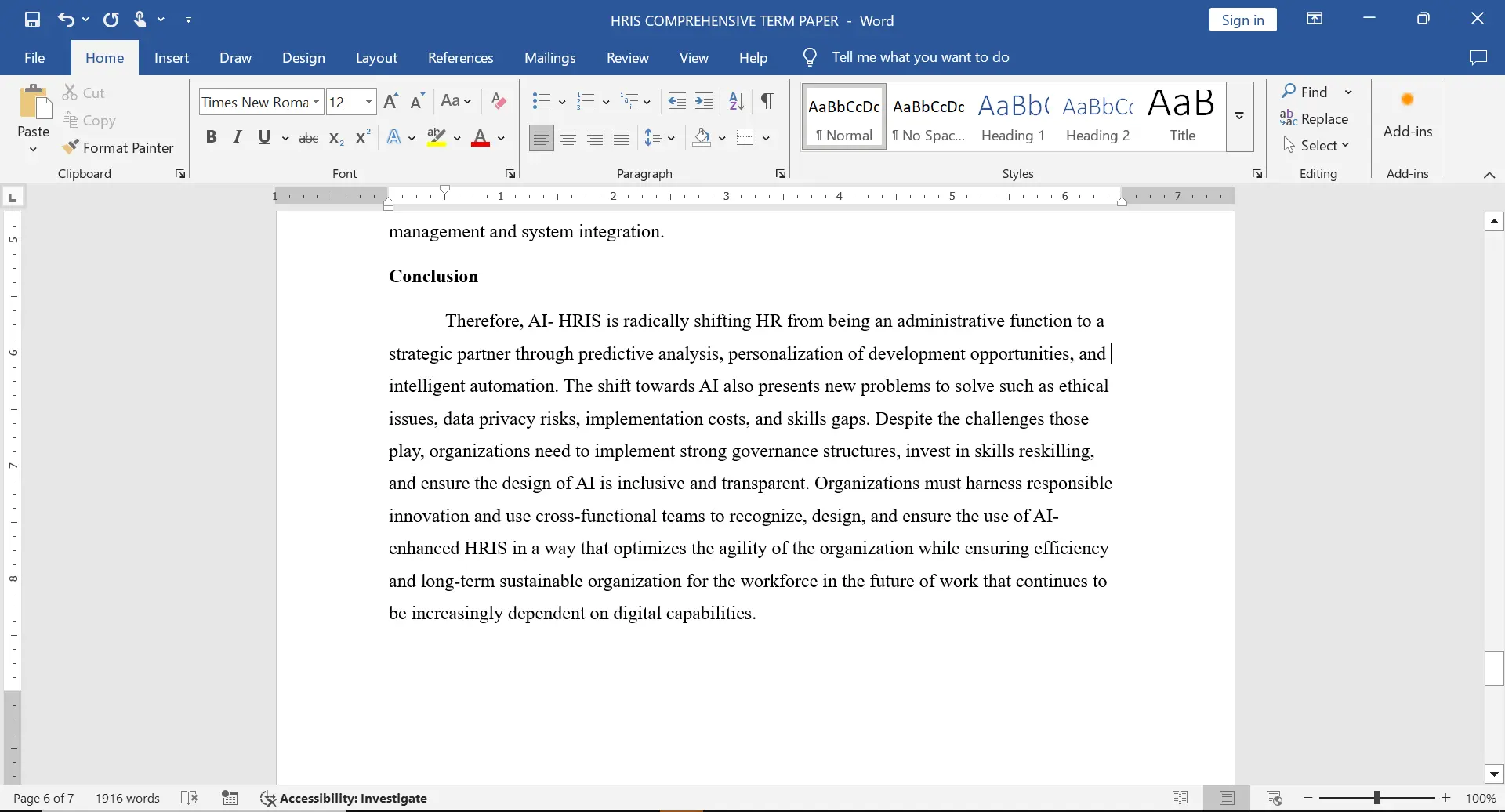
Good Conclusion Paragraph Starters for Essay & Research Paper
Mastering how to start a conclusion paragraph is crucial for leaving your reader with a clear and thoughtful final impression. If you're unsure how to begin a conclusion paragraph, the answer lies in using effective transitions that guide the reader smoothly into your closing thoughts.
This guide covers the best conclusion paragraph starters for essays, including examples, tone-appropriate options, and expert suggestions to help you write polished, professional conclusions.
Why Conclusion Starters Matter
Before you can craft a strong final paragraph, you need to know how to start off a conclusion paragraph effectively. A good starter:
- Signals that the piece is wrapping up.
- Helps you transition clearly into your final thoughts.
- Reinforces your academic tone.
- Enhances overall coherence.
Learning the ways to start a conclusion paragraph is a key step in writing essays that feel complete, organized, and impactful. Whether you're focused on structure or tone, choosing the right phrasing from the start is essential.
✅ General & Neutral Conclusion Paragraph Starters
- In conclusion,
- To summarize,
- In summary,
- Ultimately,
- To wrap it up,
- Taking everything into account,
- To conclude,
- As a final point,
- All in all,
- In essence,
- To bring this to a close,
- To sum it up,
- To recap,
- In the final analysis,
- To bring it all together,
- Considering these findings,
- As demonstrated throughout this paper,
- In closing,
- Overall,
- In the end,
📘 Academic or Essay-Based Conclusion Paragraph Starters
- This essay has shown that…
- Based on the arguments presented…
- As discussed above…
- The evidence makes it clear that…
- This analysis demonstrates that…
- As outlined in this paper…
- Drawing from the points discussed…
- The findings suggest that…
- From the information presented…
- In light of the evidence provided…
These are often considered the best conclusion paragraph starters for formal and structured academic writing.
🧠 Reflective or Analytical Conclusion Paragraph Starters
- Reflecting on the key ideas,
- When we consider all perspectives,
- Taking everything into account,
- Looking back at the discussion,
- From the analysis above,
- Upon examining the evidence,
- Considering the broader implications,
- In light of the insights gained,
- After evaluating the arguments,
- As we synthesize the information,
These starters help signal thoughtful closure while reinforcing a deeper understanding, ideal for analytical essays, critical responses, and reflective writing.
🎯 Persuasive Conclusion Paragraph Starters
- Clearly, it’s time to act.
- Without a doubt, the facts support…
- It is undeniable that…
- The evidence proves that…
- We must now recognize that…
- There is no alternative but to…
- To ignore this would be a mistake.
- Let us not forget that…
- With all this in mind, it’s evident that…
- The only logical conclusion is…
- It’s now our responsibility to…
- Therefore, we must take a stand.
🔚 Argumentative Essay Conclusion Starters
- In conclusion,
- To sum up,
- Ultimately,
- All things considered,
- Therefore,
- In closing,
- The evidence shows that…
- Based on the facts,
- To wrap it up,
- As demonstrated,
- Given these points,
- It is clear that…
- From the discussion above,
- In the final analysis,
- Taking everything into account,
When deciding how to start a conclusion paragraph for an essay, always match your starter with your essay’s tone. If your writing is persuasive, choose a strong, action-oriented transition. If it's analytical or research-based, go with an objective and summarizing tone.
Can Someone Write My Conclusion Paragraph for Me?
Yes, and it’s one of the smartest moves when you’re aiming for a polished, impactful finish. Crafting a conclusion that’s clear, persuasive, and structured can be challenging, especially when you're tired or pressed for time. That’s where our expert writers come in.
Whether you're thinking “write my conclusion paragraph” or need help writing my conclusion for a dissertation, we’ve got you covered with reliable, high-quality services tailored to your specific needs.
What You Get When You Hire Us
- A Custom-Written Conclusion:
We don't just summarize, we craft conclusions that reinforce your thesis, address your main points, and leave a strong final impression. - Expert Writers for Any Academic Level:
Our essay conclusion writers and dissertation specialists know how to meet the expectations of schools, colleges, and graduate programs. - Optimized Structure and Flow:
We follow a clear conclusion paragraph structure, using effective transition words and logical progression. - Strategic Outlining:
Each piece includes a smart conclusion paragraph outline to maintain coherence and clarity. - Affordable, Student-Friendly Pricing:
We offer cheap dissertation conclusion writer services without compromising on quality. - Trusted by Students Worldwide:
Ranked among the best dissertation conclusion writer websites for school, our services are reliable, discreet, and results-driven.
Whether you need someone to write my conclusion for me or just want guidance from a skilled conclusion writer for essays, we’re ready to help you end your paper on a high note.
Get Your Custom Essays & Research Papers Today
Finishing your paper strong shouldn’t be stressful. If you’re thinking, “I need someone to write my conclusion paragraph,” our expert writers are ready to help, fast, affordably, and with top academic quality.
Here’s how to get your custom-written conclusion in just minutes
- Place Your Order:
Fill out a quick form with your paper details; essay type, topic, length, and deadline. - Choose Your Writer:
Pick from our pool of qualified experts, including top-rated essay, research paper, and dissertation writers for hire. - Get Your Custom Paper:
Receive a fully structured, high-impact conclusion paragraph tailored to your paper, complete with proper flow, transitions, and final insights.
Whether you need a conclusion paragraph for an essay, a research paper, or a dissertation, we’ll make sure it’s clear, compelling, and submission-ready. Get started now!
